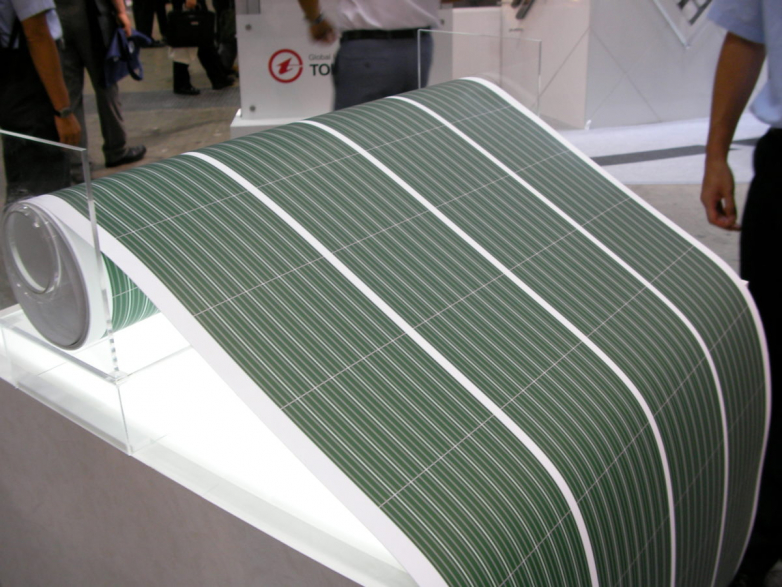Scientific team from Japan finds the reason of OPV cell degradation under ultraviolet light
- The researchers have found out that performance of organic solar cells drops by about a half after a hundred hours of light exposure. They explain the degradation by increasing resistance of OSC layer.

A group of scientists from the University of Kanazawa announce they have discovered why conversion rate of organic solar panels degrades with time. They have described how ultraviolet light damages OPV cells.
With the help of impedance and ultraviolet-visible spectroscopies, the researchers have witnessed halving in the efficiency of solar cells exposed to UV radiance during 100 hours. They explain this by growing resistance of organic semiconductors, which results from a declining quantity of charge carriers. Among essential factors leading to efficiency drop, they name modification of NFA molecular structure.
Modification of the acceptor layer structure was also analyzed with the help of mass spec technique. As for direct correlation between the morphological modification of organic film and erosion of cell efficiency, it has not been observed.
The scientists come to conclusion that OPV efficiency reduction under ultraviolet irradiance should not be considered a direct consequence of such phenomena as modifications in the active layer morphology and the material structure. They are convinced that not only active layer of organic material, but other affects as well, are to be taken into consideration in further R&D.
Also read
- Revolutionizing Solar Power: Tandem Cells on the Rise
- Boosting Perovskite/Organic Solar Cell Efficiency with New Strategy
- Revolutionizing Solar Energy: Key to Efficient Organic Cells
- Revolutionary Solar Cells Power Drone with Unprecedented Efficiency
- Unlocking Perovskite Secrets: Next-Gen Solar Cell Breakthrough
